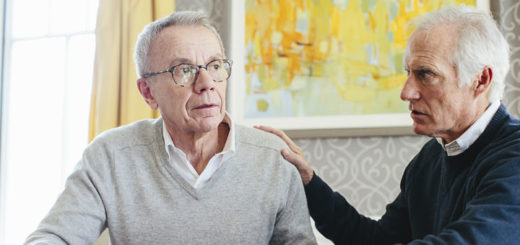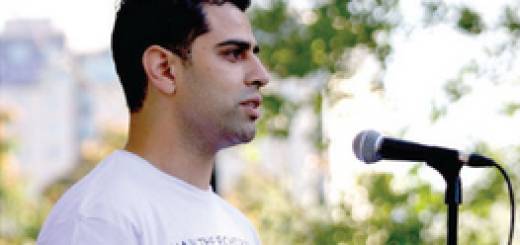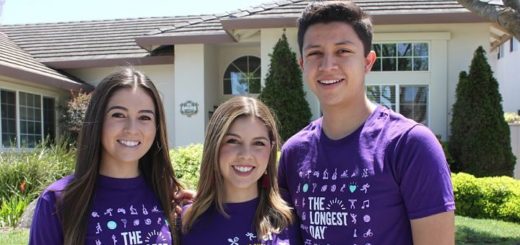The importance of selfcare and being prepared
Makeba Moore is walking in the Modesto Walk to End Alzheimer’s in memory of her father, Albert Moore who died in April.
Noticing his own memory loss
The thought of losing your memory can be scary. Is this a normal sign of aging or is it something more? Albert Moore, retired electronic specialist for the federal aviation administration and father of four, noticed the signs in himself.
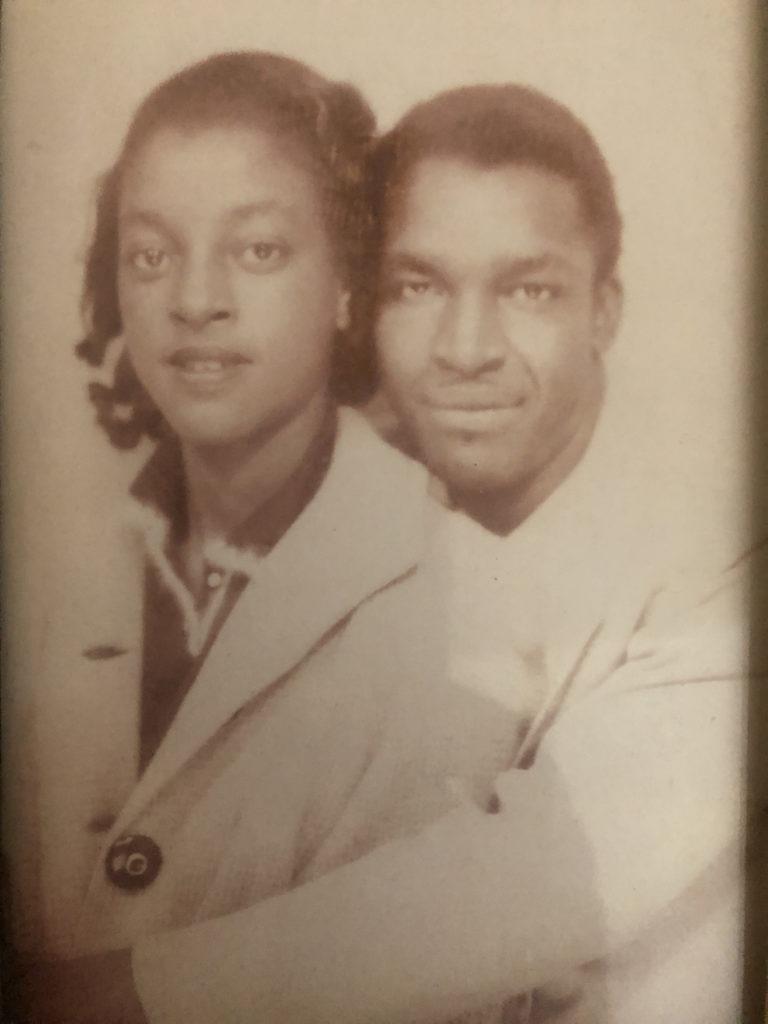
Albert was a volunteer for the interfaith ministries. He and his wife, Imogene, would regularly donate their time. “My mom would bag food item and help with registration,” recalled Makeba, Albert’s youngest daughter, retired police officer and certified personal trainer. “Dad would sit at the front desk and check people in. He’d check their identification and write down their names.”
Prior to his diagnosis in 2015, Albert decided he didn’t want to go back and volunteer anymore. “Someone gave Dad their driver’s license and he asked himself, “˜Why do I have this in my hand right now?'” Makeba explained. “Dad did the same thing with driving. When it started to get bad, he said, “˜I have to give this up.'”
Taking mom to the hospital
Imogene was Albert’s full-time caregiver. According to the Alzheimer’s Association, African American caregivers provide an average of 22 hours of care per week. “Mom is very active. She exercises, gardens and walks the dog,” said Makeba. “Then you add in taking care of Dad, and it began to take a toll on her. She wasn’t taking care of herself.”
Many mothers don’t want to share their burdens with their children, and the same was true for Imogene. It wasn’t until she had to be rushed to the emergency room that Makeba realized how much pressure mom was under. “Mom hadn’t been eating or drinking water because she was too busy,” Makeba recalls. “Taking care of others was normal for her.”
The hospital gave Imogene some fluids and got her back on her feet. This experience taught Makeba that “You can’t take care of others if you don’t take care of yourself.”
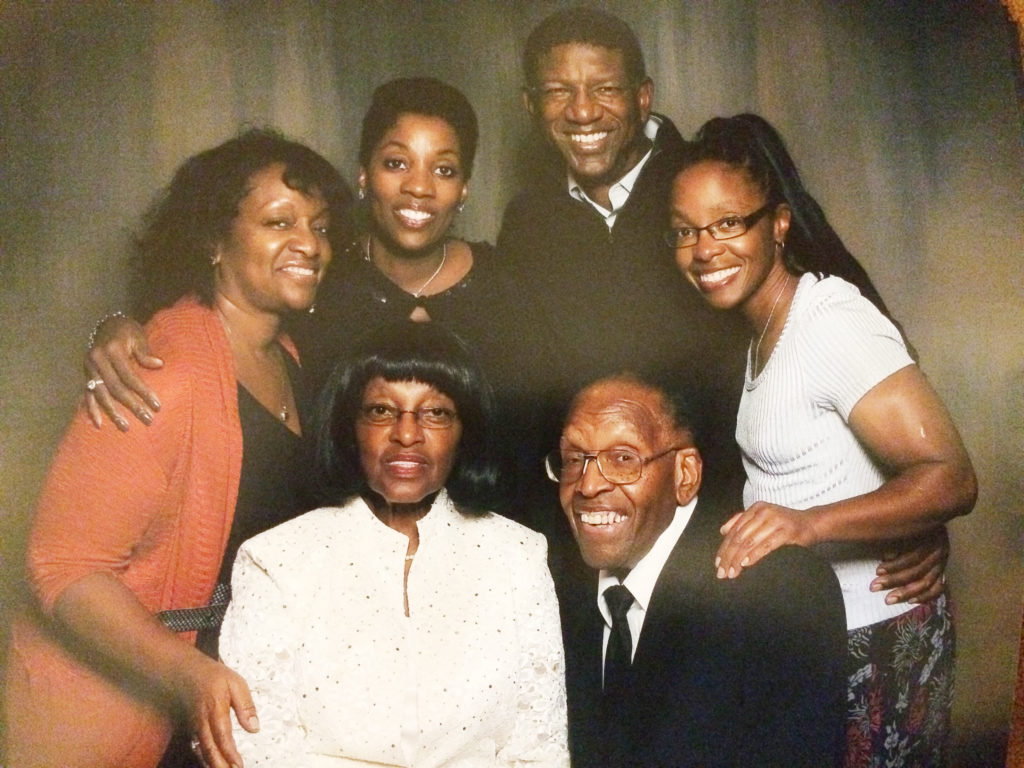
Always be prepared
After Imogene’s trip to the emergency room, Albert’s health began to decline. Luckily, Makeba and her family had attended support groups for caregivers of those living with Alzheimer’s. They were told to make a plan and get certain legal documents in order.
Makeba and her siblings didn’t want the weight of these documents to fall on their mom. “We’d made plans a year ago with an attorney,” said Makeba. “We had everything in order like the trust, a will and power of attorney. All we needed to do was update a few addresses.”
Preparing for end of life can help family members follow someone’s wishes. This is especially important for those with dementia, who may become unable to communicate their wishes or make decisions for themselves. Things to discuss and prepare include:
Imogene was also able to qualify for an Alzheimer’s Association’s respite grant. This one-time only grant provides a small financial reimbursement to qualifying caregivers providing hands-on care. “We didn’t know that the Alzheimer’s Association did that,” explains Makeba. For more information on whether you may qualify for a respite grant, contact the Alzheimer’s Association at 800.272.3900.
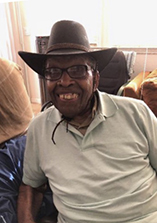
No regrets
For his 82 birthday, Albert’s whole family was able to come together and celebrate. “There was cake and three different kinds of pizza,” recalls Makeba. “His friend from church came, and we all sat around watching Dad’s favorite movie, High Noon. It was a perfect day.”
The day before Albert passed, his family was able to sit with him and hold his hand and share their love for him. “The one thing our family was grateful about is that he remembered all of us by name,” recalled Makeba.
While Makeba wasn’t able to be there when he passed, she was comforted by the time she had spent with him. “I had a chance to take care of him,” she shared. “I don’t regret anything.”
About Walk and fundraising
Makeba participated in Walk to End Alzheimer’s®before her dad died and she will be walking again this year. As an active person she participated in competitive walks and runs, but the thing she likes most about Walk to End Alzheimer’s is how much love there is. “Walk is beautiful, there is love and no one is trying to get ahead. There is so much more camaraderie,” shares Makeba.
So far Makeba has raised over $3,300. When asked about the secret to her success she shares her best fundraising ideas and tips:
- Ask people
- Have your local gym host a bench press competition
- Host a social at your local coffee shop
- Hand out homemade sugar cookies
- Host a silent auction
- Get friends to join your team and do their own fundraising
You can join Makeba’s team, Al’s Peeps, or form your own team and join us for the Modesto Walk to End Alzheimer’s on September 7 at Graceada Park. Not in Modesto? Find the Walk to End Alzheimer’s near you at alz.org/walk.
Learn more:





